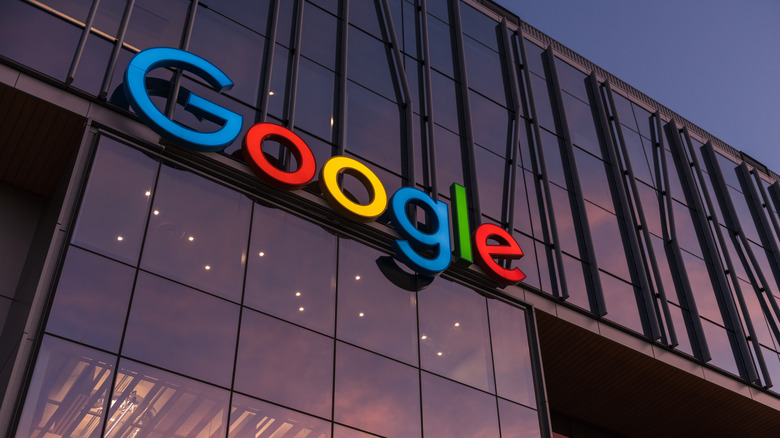Europe May Break Up Google's Adtech Business Over Alleged Anticompetitive Practices
Google is again in the crosshairs of European regulators, and this time, it's the company's money-spinning ad-tech business facing the risk of being forced to break up. The European Commission, which launched scrutiny into Google's advertising technology business two years ago, says it has informed the company about antitrust conduct that allowed the company to funnel ad dollars in its own coffer by abusing its dominant position.
Specifically, the European Commission says Google favored its own ad exchange portal during advertisement auctioning. Google is accused of not allowing its ad-buying tools (Google Ads and DV360) to purchase ad space from rival auctioning platforms, which directly inflated the value of Google's own AdX exchange. That's because Google not only runs its own ad marketplace — the largest online ad exchange out there — but also offers tools for both selling and buying ads, which means it exercises control from both ends of the market.
"Google's allegedly intentional conducts aimed at giving AdX a competitive advantage and may have foreclosed rival ad exchanges," says the European Parliament's press note. Notably, the European agency appears to have arrived at the conclusion that a "behavioral remedy" will prove to be ineffective at forcing Google to abandon its abusive market tactics, which supposedly infringe on the bloc's Article 102 that oversees antitrust conduct in the region.
To give an idea of the scale, despite a consecutive quarterly drop, Google posted $54.5 billion in ad revenue in 2023's first quarter.
The year of internet ad reckoning
In the European Commission's opinion, after assessing Google's unique position in the online ad business, "only the mandatory divestment by Google of part of its services would address its competition concerns." Effectively, the EU body seeks to break up Google's advertising-technology businesses, which would entail Google selling core ad-tech assets. This won't be the only instance where Google is facing the heat.
In January, the Department of Justice filed its own lawsuit, accusing Google of monopolistic conduct, abusing its power in the market to hurt the financial prospects of publishers and advertisers in the U.S. A similar legal tussle by the Justice Department also emerged in 2020. Just like European Commission's recommendations, the justice department's legal challenge also pushes the idea of a federal agency breaking up Google's ad-tech conglomerate in its home market, at the very least.
.@Google controls both sides of the #adtech market: sell & buy. We are concerned that it may have abused its dominance to favour its own #AdX platform. If confirmed, this is illegal. @EU_Commission might require Google to divest part of its services.https://t.co/6SwdoLlN8a pic.twitter.com/2rZok2BWYs
— Margrethe Vestager (@vestager) June 14, 2023
Additionally, the United Kingdom's apex antitrust body, the Competition and Markets Authority (CMA), is also investigating Google's ad-tech behemoth. It's the same agency that recently vetoed Microsoft's blockbuster $68 billion bid for an Activision Blizzard merger.
Regarding Google's questionable ad business tactics in the EU bloc, European Commissioner for Competition Margrethe Vestager says if the company's abusive conduct is confirmed in the investigation, "Google's practices would be illegal under our competition rules."
Rivals and online publishers, on the other hand, have been complaining for a long time that Google's uniquely tight grip on the online ads ecosystem has given it an unfair advantage.

